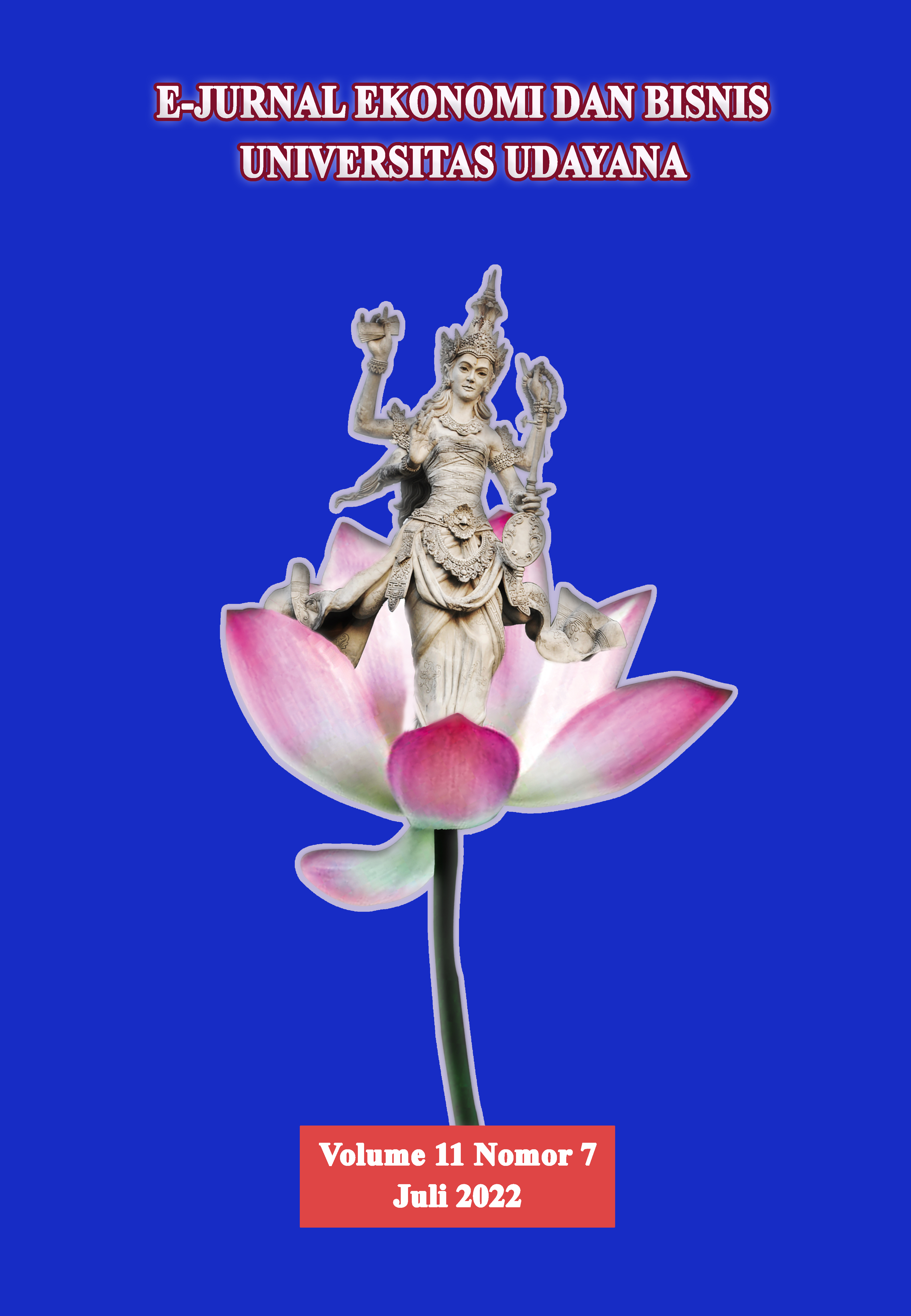AKUNTABILITAS PADA ORGANISASI BERORIENTASI NONLABA GEREJA DI MASA PANDEMI
Abstract
This research was motivated by the phenomenon of the COVID-19 pandemic that hit all sectors of society, including the church as a religious organization where in 2020 the government issued an appeal for people to carry out activities at home, including worshiping from home. This has had an impact on the implementation of the Bethlehem Untal-Untal GKPB program, especially in terms of utilizing the program budget. The purpose of this study is to articulate the essences of the application of church accountability during the COVID-19 pandemic. This type of research is a qualitative research with a phenomenological approach. The qualitative data analysis technique used in this study used the Interpretative Phenomenological Analysis (IPA) method. Data was collected using in-depth interviews, observation and documentation methods. The results of the study found three themes that emerged in the meaning of informants, namely: positive attitudes, subjective norms, and perception of behavioral control which became the motivating factor for informants in making decisions over budget allocations as the application of church accountability during the pandemic. This study provides practical implications that the implementation of accountability in an organization needs to be carried out, even if the organization experiences an emergency situation, especially in terms of managing organizational resources which includes decision making in emergency situations by organizational managers


















